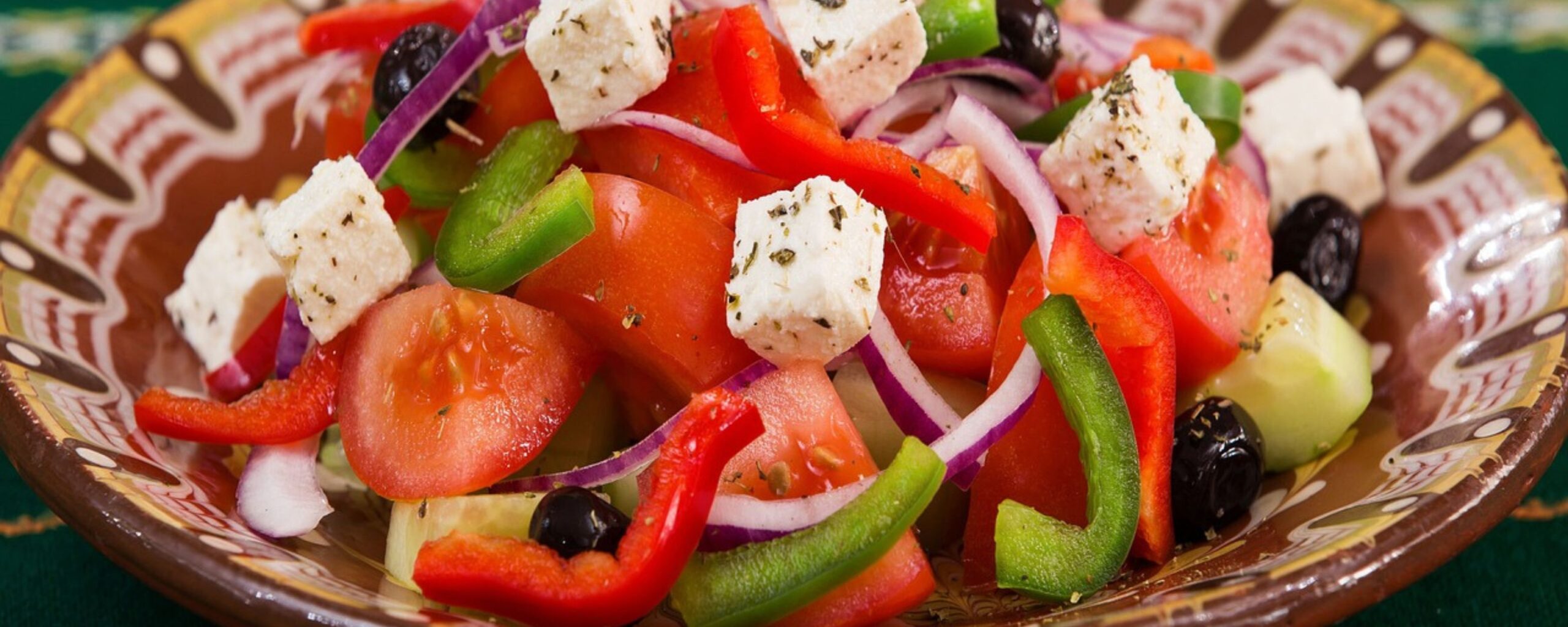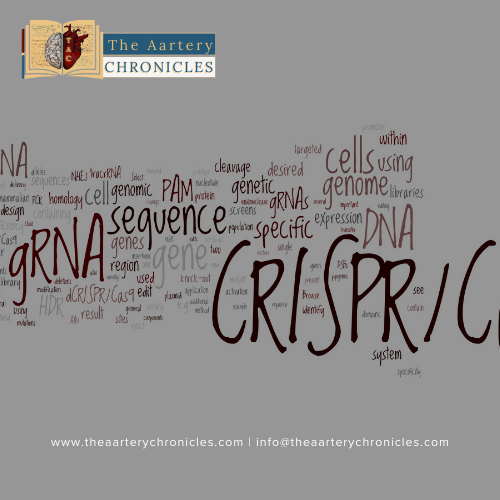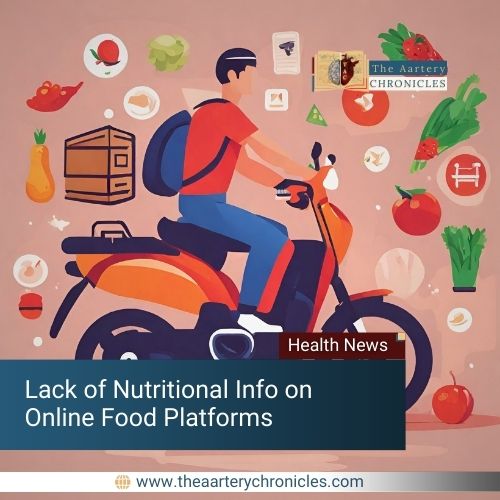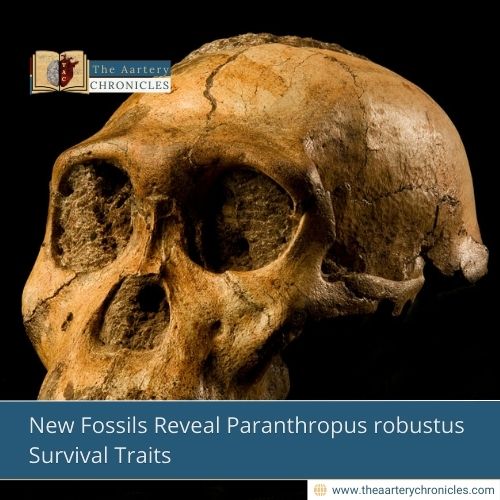

Debunking Vegetarian Myths: Are Vegetarians Really Deficient?
Vegetarianism is a dietary practice where, people abstain from consuming meat, seafood, poultry, insects, or any animal flesh. Celebrities from all corners of the globe openly advocate for the merits of vegetarian food. A few famous names known for endorsing vegetarian or vegan diets include:
- Natalie Portman: The Academy Award-winning actress is a vocal advocate for veganism and animal rights.
- Ariana Grande: The pop star follows a vegan diet and often shares her love for plant-based foods on social media.
- Miley Cyrus: Miley Cyrus is a well-known vegan and animal rights activist.
- Ellen DeGeneres: The talk show host and comedian is not only vegan but also promotes a plant-based lifestyle on her show.
- Woody Harrelson: The actor is a longtime vegan and an advocate for environmental causes.
- Joaquin Phoenix: Known for his role in “Joker,” Joaquin Phoenix is a vocal advocate for veganism and animal welfare.
These celebrities use their platforms to raise awareness about the benefits of vegetarian and vegan diets, as well as the ethical and environmental considerations associated with these dietary choices.
Motivations for Adopting a Vegetarian Lifestyle
Many people choose to embrace vegetarian diets for a variety of reasons, including the pursuit of better health, concerns for animal welfare, dietary considerations, and alignment with religious or cultural beliefs. Notably, India boasts a significant prevalence of vegetarianism, with 39% of Indian adults identifying themselves as vegetarians. In India, vegetarianism is primarily associated with cultural and religious traditions, a fact reflected in the popularity of traditional Indian dishes, the majority of which are entirely plant-based.”

Are vegetarians deficient?
There is not much evidence available to support the myth that vegetarians are deficient compared to non-vegetarians. A vegetarian diet is rather a healthy choice if followed correctly. It is important to consume enough amount of protein, calcium, B12, iron, etc, that usually come from meat but have vegetarian sources as well.
Some of the vegetarian sources for optimal consumption of nutrients:
Proteins
- Greek Yogurt: Greek yogurt contains approximately 23g of protein per cup. It is recommended to choose plain yogurt instead of flavored to avoid added sugar. Greek yogurt can be consumed as it is, with fruits or added to smoothies, and cereals.
- Lentils: Daal or lentils are an excellent source of vegetarian protein and, have up to 18g of protein a cup. Along with proteins lentils are rich in fibre and help maintain healthy gut microbiota. There has been an understanding that regular consumption of lentils can also reduce the risk of developing some cancers. Black lentils or urad dal, Bengal gram, and green gram, are some of the most nutritious lentils.
- Nuts:Nuts are one of the most important superfoods. 20-25 almonds and cashews can give up to 6g of proteins. Nuts make up a great snack and a source of nutrients such as proteins, vitamin E, and calcium.
- Soya chunks: A 100 g serving of soya chunks contains around 52g of protein. Soya chunks are also a great meat substitute and can provide more protein compared to lamb or chicken.
Vitamin B12
- Cow milk: One cup of cow milk can provide up to 46% of the daily value of vitamin B12. Cow milk is also rich in calcium and other important nutrients.
- Spinach: Spinach and other green vegetables contain a considerable amount of vitamin B12. Consuming green vegetables can help with other deficiencies such as anemia. These are also known to boost hair health.
- Tempeh: Tempeh contains around 0.12 mcg of vitamin B12 per cup. Tempeh is rich in probiotics, potassium, fiber, and isoflavones which have cancer-fighting antioxidants.
Some other vegetarian sources of B12 can be cereals, cottage cheese or paneer, and nutritional yeast that contains up to 2.4 mcg of vitamin B12 per tablespoon.
Iron
There are several vegetarian food sources of iron.
- Legumes such as peas, beans, etc are rich in iron content.
- Nuts such as macadamia, almonds, and flaxseeds can help with iron deficiency.
- Spinach and beet greens can contain approximately 2.7 to 5.7 mg of iron.
Conclusion
A vegetarian diet is linked to reduced consumption of saturated fats. Incorporating plant-based foods rich in prebiotics and fiber promotes better gut health and lowers the risk of digestive disorders. Despite common misconceptions about vegetarian diets, such as concerns about deficiencies, limited variety, and protein inadequacy, there is no scientific evidence supporting these claims. When properly planned, a vegetarian diet can be as healthy as any other dietary choice.

Author: Ms Sanika Pande
- Medicine and Diseases
- Nutrition and Diet
- Biotechnology
















